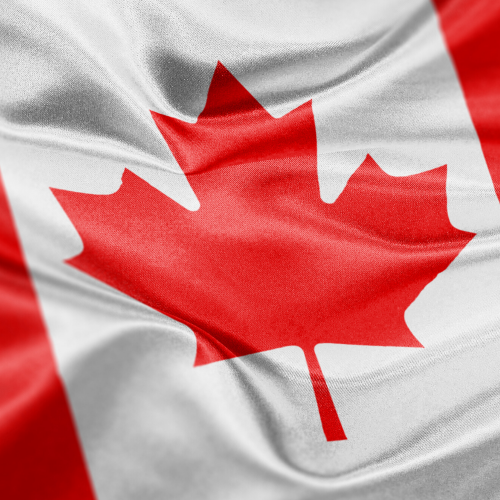Last updated: June 15 2022
Tax Processing Logjam 2021 Ends for Teachers & Others

Evelyn Jacks
Bill C-8 received Royal Assent on June 9, signalling the imminent release of held back 2021 tax returns for those taxpayers making new claims in three specific profiles: educators, northern residents and farmers. In addition, small business owners will be able to claim a new tax credit for building ventilation improvements and non-resident real estate holders will pay more taxes to Canada in 2023. Here’s what you need to know:
1. Educators: The Eligible Educator School Supply Tax Credit was increased from 15% of up to $1000 in eligible expenses to 25%. Also, the eligible expense list itself was expanded…notably to include computers teachers could use in the classroom, on the sports field, or in their home – that is the deduction was not restricted to the classroom. The list includes the following provided these items are not made available by the school for use outside the classroom:
- Calculators
- Desktop computers
- Digital timers
- Electronic educational toys
- External data storage devices
- Laptop computers
- Microphones and headphones
- Multi-media projectors
- Printers
- Speakers
- Tablets
- Video streaming devices
In case of audit, a certificate from the employer is required, attesting to the fact that the educator was not reimbursed for these items and used them outside the classroom in his or her work.
2. Northern Residents: The Northern Residents Deduction was expanded as well. Now all northern residents, even those who don’t receive travel assistance from employers may claim up to $1,200 in eligible travel expenses as a travelling deduction; this is also known as the Standard Amount on form T2222. Specifically, taxpayer can claim, for each eligible trip, the lowest of three amounts:
- Travel benefits (taxable) received from the employer or the portion of the $1,200 standard amount for the person travelling that can be allocated to the trip (this can be the
 taxpayer or an eligible family member)
taxpayer or an eligible family member) - The total travel expenses for the trip
- The cost of the lowest return airfare available at the time of the trip from the airport closest to your residence and the nearest designated city.
Note that if the standard amount is used, $1,200 is the maximum total that can be claimed per person who travels and for all the trips taken, whether for medical or non-medical purposes and whether it is the taxpayer or a family member making the trips.
3. Farmers: You will now receive the proceeds from the carbon taxes directly, through a fuel charge tax credit if you live in Ontario, Manitoba, Saskatchewan and Alberta. Approximately 90% of the proceeds of the taxes go back to taxpayers in the Climate Action Incentive to be received in July. The other 10% now will be provided as a refundable tax credit on their tax returns for the 2021 and 2022 calendar years. The amounts claimable are $1.47 per $1,000 of eligible expenses in 2021 and $1.73 in 2022.
The credit is available to corporations, individuals, trusts and partnerships that are actively engaged in either the management or day-to-day activities of earning income from farming (i.e., the raising of animals and harvesting of plants in a controlled environment).They must also incur total farming expenses of $25,000 or more in the provinces mentioned above.
4. Non-Resident Real Property Owners: an annual 1% tax on the value of real estate that is vacant or unused will now be payable. There will be an exemption for vacation property and that is not located in a consensus metropolitan area with 30,000 or more residents and is personally used for at least 4 weeks in a calendar yearby the owner or spouse/common law partner.
The tax will be calculated and paid on the Underused Housing Tax return starting in the 2022 calendar year and must be filed on or before April 30, 2023 together with any taxes owing.
Aside from these provisions, the government has passed the Small Businesses Air Quality Improvement Tax Credit and secured funding of $1.72 billion for rapid tests, $300 million for provinces and territories to offset proof of vaccination initiatives and $100 for ventilation in schools.
For more information and explanation, these and other pertinent tax changes will be discussed in detail at the September CE Summits.
